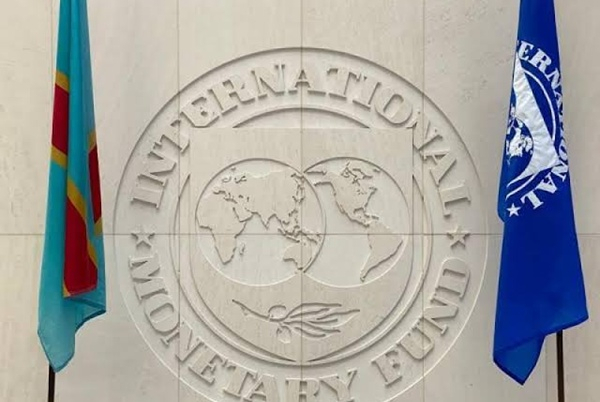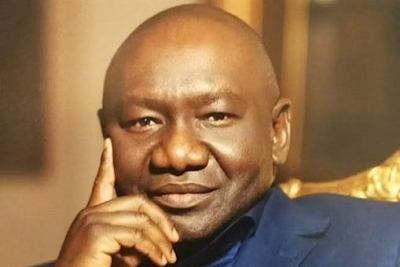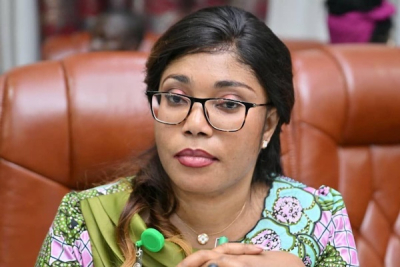On January 15, 2025, the International Monetary Fund (IMF) Executive Board approved a new program with the Democratic Republic of Congo (DRC), following a service-level agreement reached in November.
The 38-month program has two main components: the Extended Credit Facility (ECF) worth $1.729 billion and the Resilience and Sustainability Facility (RSF) with $1.038 billion. Although these amounts are slightly lower than initially announced, the program’s goals have not changed: enhancing the country's macroeconomic stability, improving governance, and increasing resilience to climate challenges.
The ECF is designed to stabilize the economy, improve governance, and promote inclusive growth. Meanwhile, the RSF will support the DRC’s climate adaptation efforts, helping the country reduce its greenhouse gas emissions by 21% by 2030.
In 2024, the DRC achieved solid economic performance, with GDP growth projected at 6%, a significant drop in inflation, and reduced budget deficits, despite exceptional expenditures related to security and the fight against the Mpox epidemic.
The Central African nation also faced major climate-related disasters, including devastating floods that affected over 300,000 households, destroyed buildings, and killed 300 people. The crisis has exacerbated health risks and affected agricultural production. It called for urgent humanitarian responses and more funds to boost climate resilience.
According to IMF Deputy Managing Director, Kenji Okamura, while the DRC has shown resilience in the face of crises, sustained efforts are crucial to consolidate economic and social gains, combat corruption, and address climate challenges.
The previous IMF program concluded in 2021 helped strengthen foreign exchange reserves and boost growth, but structural and climatic challenges persist.
Under the ECF, the IMF champions reforms to help the DRC increase tax revenue, improve public financial management, and depend less on mining revenues. As for the RSF, it focuses on achieving climate objectives, such as forest preservation and sustainable natural resource management.
Despite risks from ongoing conflicts and health crises, the IMF’s outlook for 2025 remains positive, with growth forecast at 5.1% and inflation projected at 7%.
This article was initially published in French by Charlène N’dimon
Edited in English by Ola Schad Akinocho










